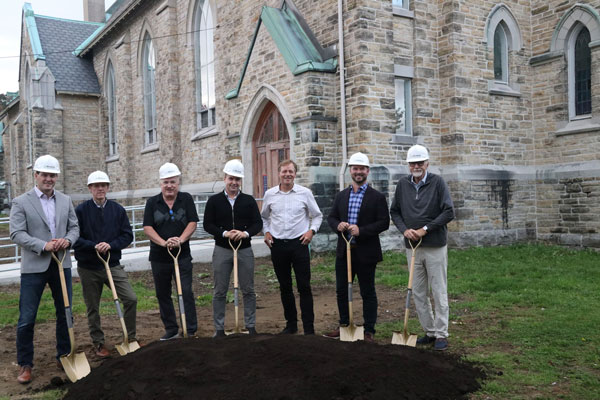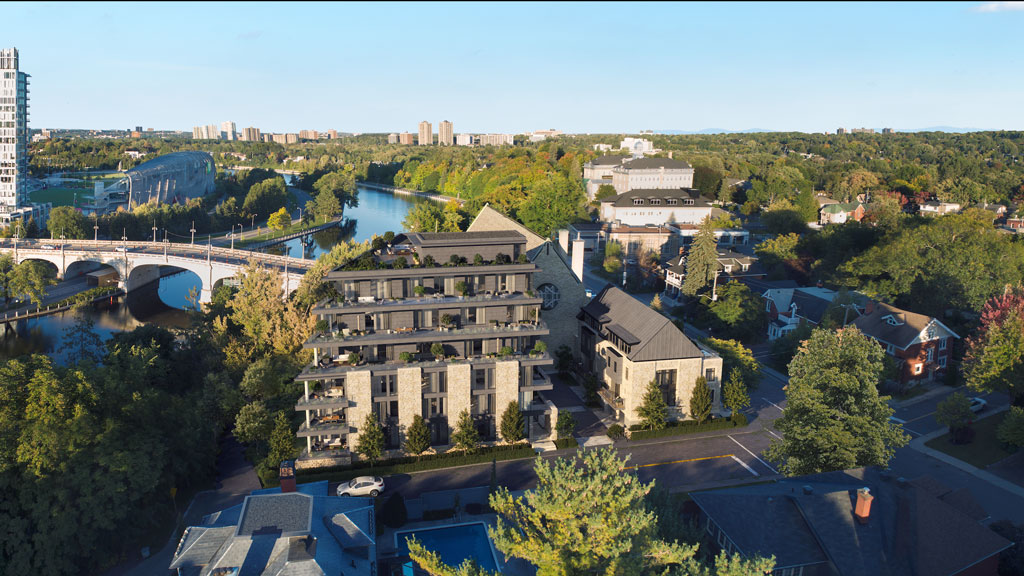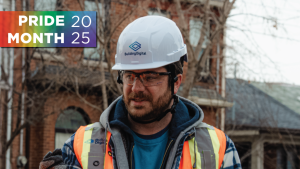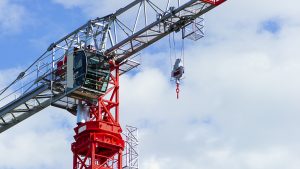Toronto is emerging as a global stronghold in the pursuit of the UN’s 11th Sustainable Development Goal (SDG) of sustainable city-building, with a critical mass of scholars, developers and policy-makers receiving international attention for their achievements.
And as delegates attending the recent city-building conference hosted by the Toronto branch of the Urban Land Institute also heard, there is no shortage of grand ideas being generated to ensure the GTA continues to make progress in the field.
“I’m in the States all the time. I see what’s happening in San Francisco. I see what’s happening in Miami. They’re not doing this kind of thing,” said Richard Florida, vice-chair of impact with developer Dream Unlimited and noted international professor, author and urbanist.
“We are really out in front of this market in a big way, and that’s because we’re Toronto. This isn’t rocket science. There’s something in our DNA that cares about making a great global city that’s innovative, that has great industries but also cares deeply about people, that has a sense of community.”
The day-long symposium, held in-person in Toronto on Nov. 4, was themed The New Urgency, Responding to the Growing Demands of our Future. Delegates heard that the GTA is the fastest growing urban region in North America. Most presentations focused on corporate environmental, social and governance (ESG) goals.
Florida joined Leslie Najgebauer, vice-president of impact and engagement at TAS, Jonathan Westeinde, CEO of Windmill Development Group, and Ana Bailao, deputy mayor of Toronto, at a session intended to address how the GTA’s development community could score higher as city-builders.
Florida led off the discussion via video.

Not long ago, he said, “The real estate community was being viewed as the enemy,” wearing black hats.
“Regular folks began to see the real estate community building staples for the global rich, building these beautiful condominiums, power condominiums…but they were for the .001 per cent and the super-rich.”
But progressive developers like Daniels, Windmill and Dream began transformative collaborations; projects like the West Don Lands, the Indigenous Hub and the Regent Park revitalization in Toronto and Zibi in Ottawa-Gatineau emerged; the Justin Trudeau government and the City of Toronto exhibited enlightened leadership; the ULI in Toronto became one of the most ambitious chapters in the world; the University of Toronto established its School of Cities; and today the real estate sector is seen in a different light in some circles – but with much more to do, Florida said, especially on affordability.
“It is in your interest to do the right thing,” he said.
“It’s in your interest to embrace these goals of inclusivity and sustainability, and resilience. It’s in your interest to build a stronger city where working people and people who don’t feel they have a chance feel they’re not priced out, where they don’t feel angry.”
Florida contributed to the UN’s declaration of 17 SDGs in 2015. He said Toronto’s assets in pursuit of the 11th goal will include sophisticated asset management firms like Brookfield and Oxford Properties.
“I go and give talks for the investment community in New York. Half the room is people who are my neighbours, who are managing Canadian pension funds,” he said.
Florida and the other panellists asserted that SDG proponents could take the next step through development of a new form of P3s — public-private partnerships to achieve SDGs. Florida also advocated for the creation of a lab promoting corporate ESG goals and SDG development.
It would show “what we can do in future development…but also we can export that entire thing to the world,” he said.
Windmill’s Westeinde led the discussion on how collaborations on progressive projects should proceed, suggesting that as part of the sector’s evolution from being seen as “profit-making machines to actual social betterment, it is fundamental that we get the public, private and nonprofit partnerships right.”
From an administrative point of view, he said, policy-makers must ensure that social initiatives such as Toronto’s controversial inclusionary housing program are not simply another layer added onto an already cumbersome development process.
“Continuing to just add things to what is a legacy way of doing things is just frustrating, delaying, arguably not getting the objectives to come through,” said Westeinde.
Najgebauer said the end game of collaborations should always be clear, and transparency is highly important with participants’ constraints laid out from the outset.
In addition, bringing rigour to the measurement of outcomes is important, especially on the social side, she remarked.
Follow the author on Twitter @DonWall_DCN.











Recent Comments
comments for this post are closed